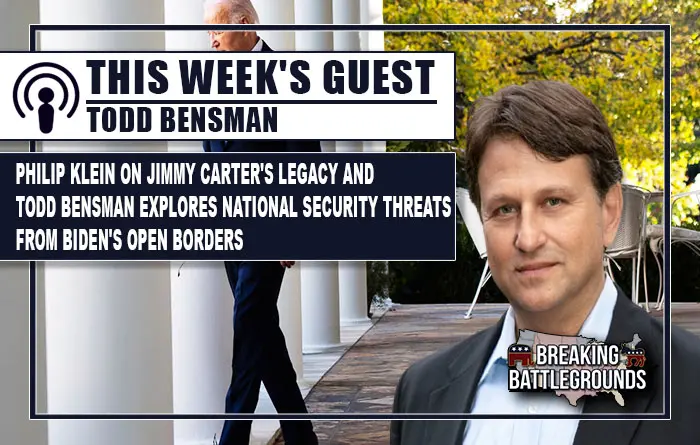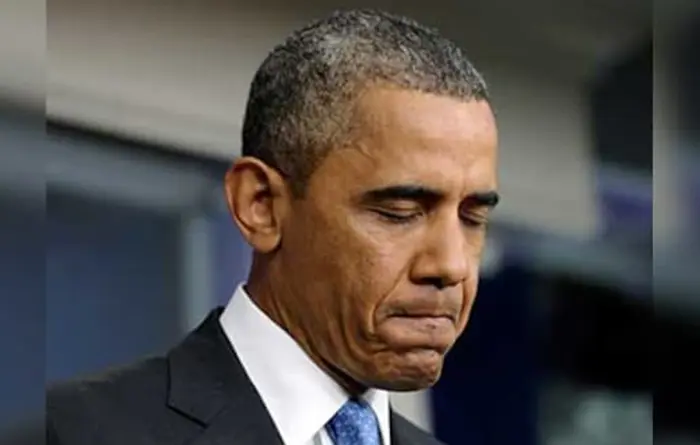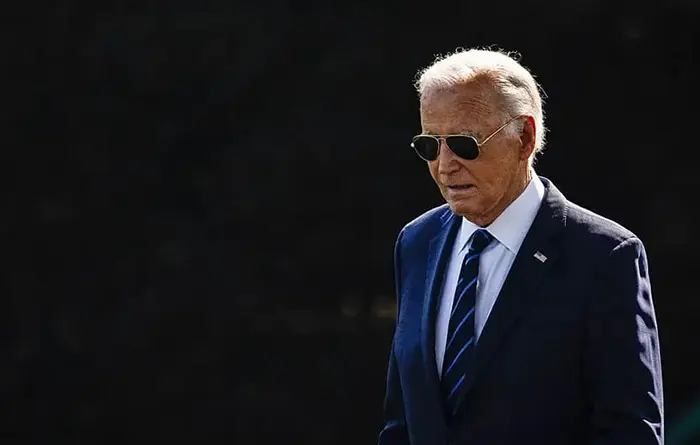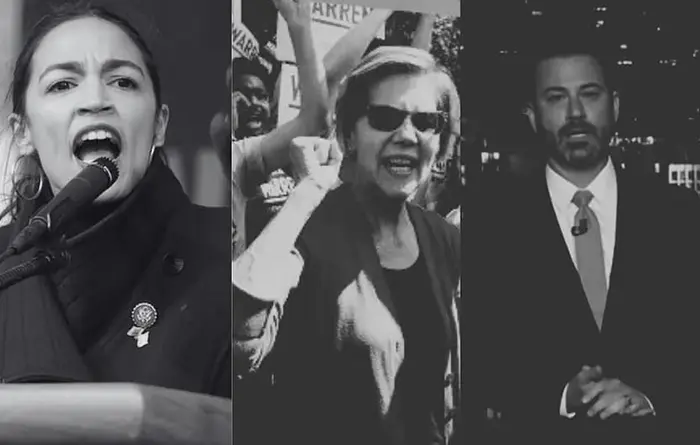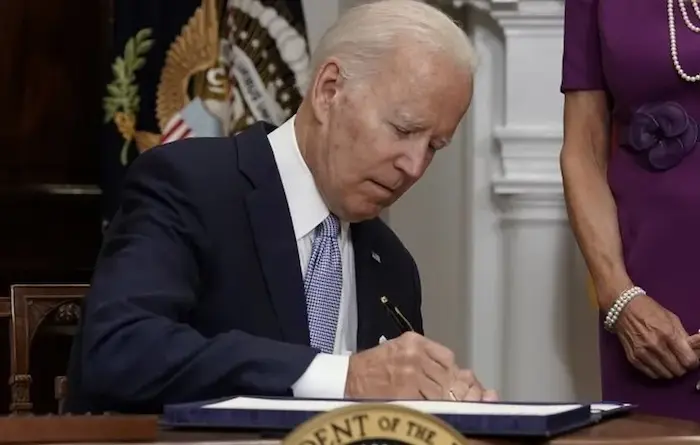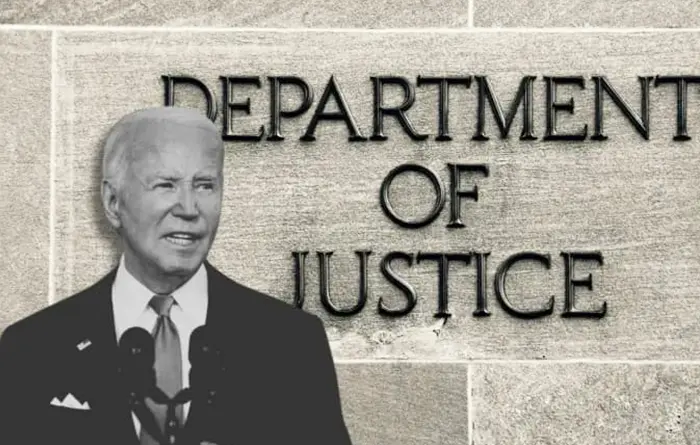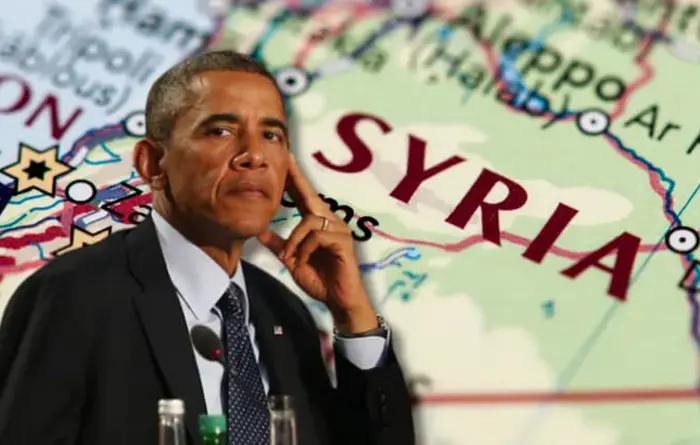Last week, Iran’s Islamic Revolutionary Guard Corps (IRGC) attempted to seize two oil tankers, but the U.S. Central Command (CENTCOM) entered the zone to escort them out of harm’s way. A day later, the IRGC navy returned to seize another tanker, Nada 2, so, the CENTCOM deployed again, but, this time, it let the IRGC seize the tanker.
There has been nearly no original reporting of this incident, and all the coverage relies on official statements made by Iran, which we are supposed to take as facts.
Seizing tankers and taking hostages is a routine practice by Iran. Two years ago, Iran seized a South Korean ship to force South Korea to release $7 billion of its assets blocked by U.S. sanctions. Currently, several American citizens are imprisoned in Iran for bogus charges. That the most recent seizure happened only a day after a failed seizure adds to the suspicion that this is an effort to pressure the U.S. administration to reach a nuclear deal that would release $24 billion to Iran, which the Joe Biden administration is rumored to be considering.
Oil tankers in the Persian Gulf are aware that there is a risk that the IRGC might seize them for political reasons and to take ransom for their release, however, these operations usually fail because of the CENTCOM’s interference. The crew on Nada 2 decided to turn off the engines until the CENTCOM arrived to rescue them, as all tankers in the Persian Gulf under attack by the IRGC do.
According to official statements by the Islamic Republic officials, the CENTCOM deployed two A-10 aircraft, two Seahawk helicopters, two patrol ships, one MQ-9 drone, and one P-8 reconnaissance aircraft to escort the ship. U.S. Navy has since confirmed that it deployed its forces to escort the tanker, and a video Iran released shows two A-10s flying in the air. Allegedly, unlike the incident from the day before, this time, the IRGC fired at the U.S. military, and the U.S. military left the scene without engaging, and that is why the rescue mission failed.
All the reports from English-language media have relied on the Islamic Republic’s official statements that this tanker was smuggling oil. Without any official statement from the U.S. Department of Defense, the reporting assumes that this is why the U.S. military abandoned the mission.
This fails the smell test.
First, the IRGC had tried to seize two oil tankers the day before.
Second, U.S. media have repeatedly stated that this time there was a court order in Iran to seize the tanker, as though this means anything in a lawless totalitarian country wherein judges are also members of the IRGC.
Third, how did the CENTCOM conclude that this tanker was indeed smuggling oil?
Fourth, if the tanker were smuggling oil, then it would not have asked for the U.S. military to come to its rescue.
Fifth, if the IRGC fired at the U.S. military, then the first four problems are irrelevant. All that matters is that the U.S. military failed to defend itself.
There are two ways of looking at this. One way is that the force Iran’s reporting of the CENTCOM forces deployed is accurate. In that case, there is no military consideration not to engage. The IRGC’s air defense could only successfully shoot down the MQ-9 drone, and that is because those are unmanned and cheap aircraft designed to engage in risky and contested air, so, if the enemy shoots them down, it won’t cause much concern. The manned aircraft deployed are nearly impossible for the IRGC navy’s air defense to shoot down.
The most plausible answer is that there was a political directive not to engage, and it won’t be the first time. Most infamously, during the Iran–Iraq War, the Jimmy Carter administration deployed the U.S. military to escort Saudi oil tankers against Iran, but it immediately announced that they were unarmed, undermining its own mission. Given how similar Biden’s foreign policy has been to Carter’s, it is likely that the U.S. military had orders not to engage because the administration is amid reaching a terrible nuclear weapons agreement with Iran, and it fears that firing back at the enemy might undermine this agreement.
Assuming this is true, someone must ask the Biden Administration that, if it is logical for Iran to back down from the nuclear deal if we fire at it, then why are we not leaving the deal since they fired at us? But again, it’s been nearly a week since the incident happened, and no journalist has asked the administration anything about it. They just assume that Iran is telling the truth.
Note: the opinions expressed herein are those of Chuck Warren only and not his co-host Sam Stone or Breaking Battlegrounds’ staff.






